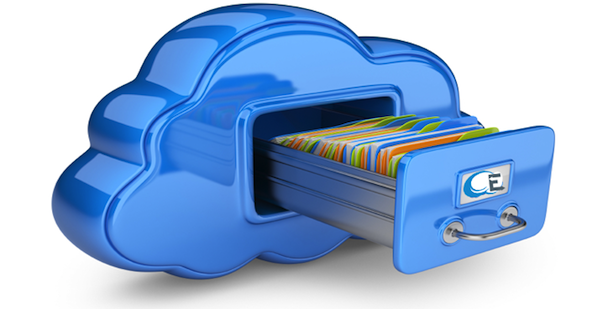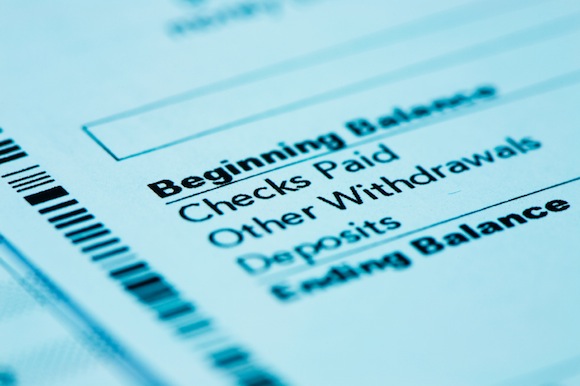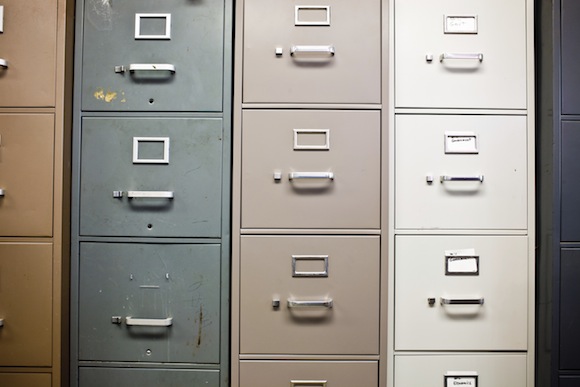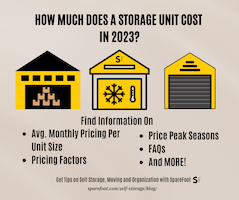Whether you’re being audited, applying for a loan or simply looking to get a better handle on your day-to-day finances, you need an effective way to store financial documents so that you can achieve financial success.
“If you don’t have a system, you become overwhelmed,” said Sheri Samotin, president of Marina Del Rey, CA-based financial management company LifeBridge Solutions and a board member for the American Association of Daily Money Managers. That’s when bills and important papers start to pile up and financial errors go undetected.
No one wants to get caught up in a financial crisis. Here’s how to create a storage system that works whether you choose to keep your documents at home or off-site.
1. Create a System.
Keep documents that you must handle frequently, such as current bills or warranties in an active file or folder, so they’re easy to get. Those that you don’t need on a regular basis but want to keep can be placed in folders or boxes, for instance. Whether you use color-coded folders or large manila envelopes is up to you, but keep it simple.
“The more complicated the system, the less likely you’re going to maintain it,” Samotin said.
2. Know What to Keep.
How long you should keep certain financial documents depends on the document itself:
- Bank statements should be kept for one year unless you use them to support tax deductions.
- Credit card records should be kept until your account is paid off.
- Home-buying records should be kept for as long as you own the property.
Some items can be trashed, such as cancelled checks for non-deductible items and pay stubs once that information has been recorded on a W-2. Tax records should be kept for seven years from the filing date.
3. Have a Backup Off-Site.
Storing the only copy of financial documents such as tax forms, investment documents and mortgage papers at home carries significant risk, such as being destroyed in a disaster, according to Barbara Boustead, owner of Mary’s Daughter, a financial management company in Madison, WI. Boustead recommends keeping a copy elsewhere, whether it’s a safe deposit box or a self-storage unit.
4. Look Beyond Paper.

“If something catastrophic occurs like a hurricane, fire, earthquake, flood or broken pipe, all of that paper ends up destroyed,” Samotin said.
Create an electronic copy by scanning documents onto a hard drive or uploading them to a cloud-based service such as Carbonite or Dropbox.
5. Consider Safety.
If you keep paper copies of your documents, place them in a fireproof and waterproof safe. Even if papers are stored in a self-storage unit, take those same precautions, as a self-storage facility is not immune to catastrophes.
There also are safety considerations to keep in mind when storing documents electronically. For example, if you choose a cloud-based service, make sure to “password-protect all information and important documents online,” Boustead said.
6. Keep It Up.
A system works only if you use it regularly. If you store documents electronically, make sure you create a system so that you regularly scan new financial documents that you want to save. If you have a paper-based filing system, don’t let new documents pile up.
7. Track What You Do.
Having a system for storing your financial documents is useless if you don’t know where documents are when you need them. Not only should you maintain a list that explains where everything is, but someone else in your family should be able to access this list in case something happens to you.




